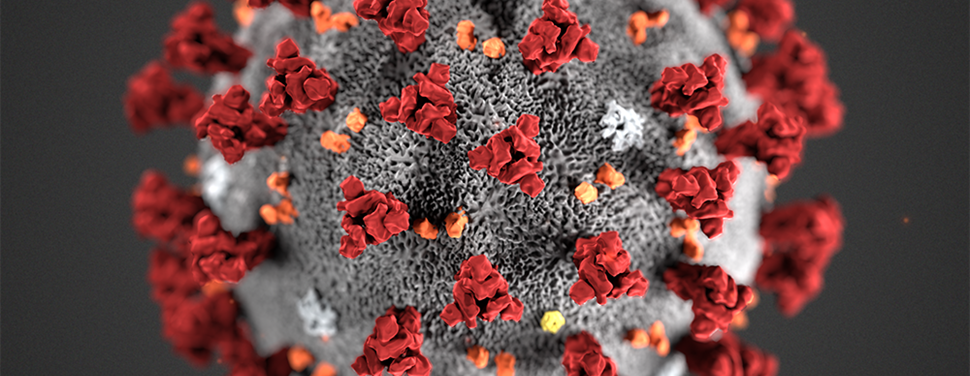
The term Coronavirus (or “Crown” virus, from its shape and form) refers to a genus of virus that is pervasive throughout the animal kingdom. It comes in an entire family of strains that cause illness ranging from the common cold to more severe diseases such as Middle East Respiratory Syndrome (MERS-CoV) and Severe Acute Respiratory Syndrome (SARS-CoV).
Coronaviruses can pass between animals and people, a characteristic known by the technical term “zoonotic”. The source of the SARS-CoV was civet cats, openly sold in markets in parts of China, while the MERS-CoV came from camels. Other strains of coronaviruses have been identified in animals that have not yet infected humans.
Common symptoms of infection include fever, cough, shortness of breath and breathing difficulties. In more severe cases, infection can cause pneumonia, severe acute respiratory syndrome, kidney failure and even death.
The Pandemic
The highly contagious and deadly COVID-19 Coronavirus epidemic travelled from its Wuhan, China, epicenter to 164 countries around the world in just a little over two months, infecting hundreds of thousands of people with the death toll in the thousands. To contain the outbreaks, governments everywhere have resorted to such draconian measures as locking down their borders and shutting down large parts of their economies.
The Bowtie Technique
The Bowtie technique is a risk analysis tool used for analysing and communicating how high risk scenarios develop. The essence of the Bowtie consists of plausible risk scenarios around a certain hazard, and ways in which the organisation stops those scenarios from happening. The method takes its name from the shape of the diagram that you create, which looks like a men’s bowtie. The Bowtie technique is based on the modern concept of barrier management.

The Bowtie methodology has several goals:
The Bowtie technique is currently widely used in such diverse sectors as oil and gas, chemical process, power generation, mining, aviation/aerospace, healthcare, manufacturing, IT security, finance and government.
The COVID-19 Coronavirus Bowtie Model
Although there is no vaccine currently available for those stricken by the COVID-19 Coronavirus, governments and international agencies are working round the clock on R&D based on a wealth of data from previous Coronavirus epidemics. Standard personal care and hygiene recommendations have been put forward by the CDC and the WHO to help contain the spread of COVID-19 infections.
Taking the cue from the CDC and the WHO recommendations, the latest government actions and administrative and medical measures, Pace Up consultants have mapped out a Bowtie model to help visualize, at a high level, the current risk scenario, as seen from a typical organization affected by the COVID-19 Coronavirus outbreak:

Unlike the conventional spreadsheet-based hazard or risk register, the diagram shows very clearly the mechanisms of unwanted events and all the inter-relationships between the elements of the risk scenario. Furthermore, the adequacy of barriers (control and mitigation measures) could be easily determined.
The diagram is populated with the normal Bowtie entities only, serving as a template for organizations intending to curtail the COVID-19 risk. Customisation of the COVID-19 Bowtie will be necessary to ensure that
Our Services
Pace Up offers a complete Bowtie service covering:
Talk to Us
For more information on our services, please contact Faiz Latip at +60 19 699 8609 or faiz.latip@paceup.com.my
Written by: Faizal Farid Wajidi, Principal Consultant, HSE & Risk Management, Pace Up Sdn Bhd